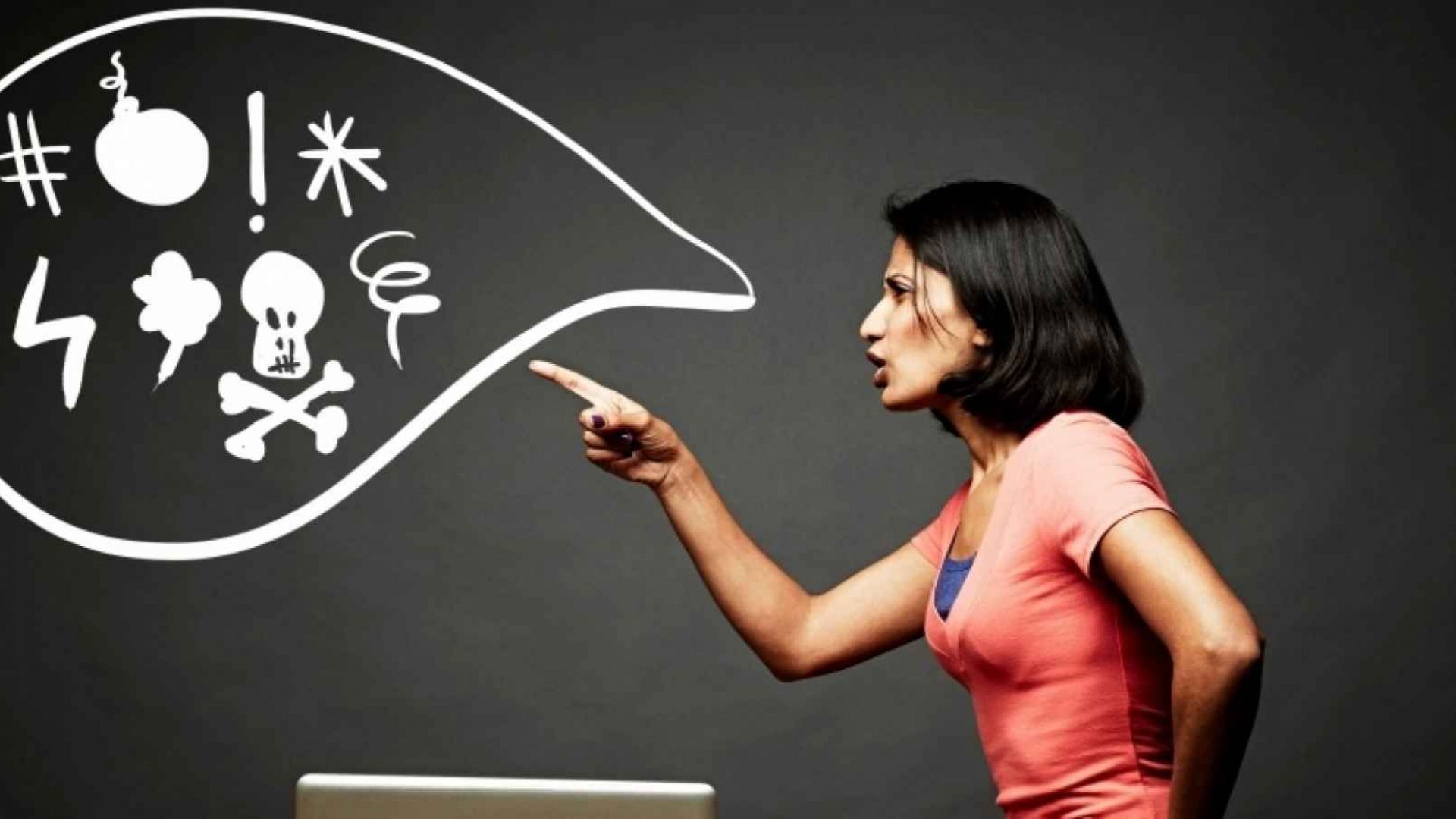Estimated reading time (in minutes)

Offensive criticism A judgment rendered on June 27, 2012, the 17th chamber of the Paris TGI (Tribunal de Grande Instance) condemned the author of public insults , rejecting the defense that the criticisms expressed in an ironic tone on a blog were not than provocation. The court determined that the author was responsible for the offensive statements.
The condemnation of public insults: criticism against provocation: –
The case involved a blogger who maintained a blog in which he referenced websites he considered unattractive. Two of the listed website owners took offense and asked the blogger to remove the listing. Rather than comply, the blogger responded by hurling insults such as “miserable fool”, “asshole” and other offensive expressions at the requesting party. The court found these expressions offensive and unacceptable.
The author of the insults argued that he acted under the influence of emotion caused by repeated provocations. However, the court rejected this defense and clarified the conditions under which provocation can be considered acceptable.
Unacceptable behavior: Reproduction of the applicant’s photo and aggressive remarks: –
The court emphasized that provocation cannot arise from the normal exercise of a right, such as the right to criticize. For a provocation to be recognised, it must be an unfair or wrongful act that caused the person responding to lose his temper. Moreover, the provocation must be proportionate and occur relatively soon after the insult. In this case, the court considered the plaintiff’s messages to be too old to constitute provocation.
Additionally, the court pointed to the disproportion between the language used in the insulting posts, ironic but devoid of personal attacks, and the blogger’s offensive response.
Furthermore, the court noted that the blogger had gone a step further by reproducing the complainant’s photo, which was on the complainant’s website, to accompany the dissemination of the aggressive remarks. This act created harm for the plaintiff, since it allowed Internet users to associate a face with the insults, aggravating the harm caused .
In conclusion, the 17th chamber of the judgment of the TGI of Paris underlined the distinction between legitimate criticism and unacceptable provocation leading to public insults. She clarified the conditions under which provocation can be considered valid, stressing the need for a proportionate and rapid response. Additionally, the judgment underscored the responsibility of individuals to exercise restraint in their behavior online and to refrain from further harm by not reproducing personal images in connection with offensive remarks.
